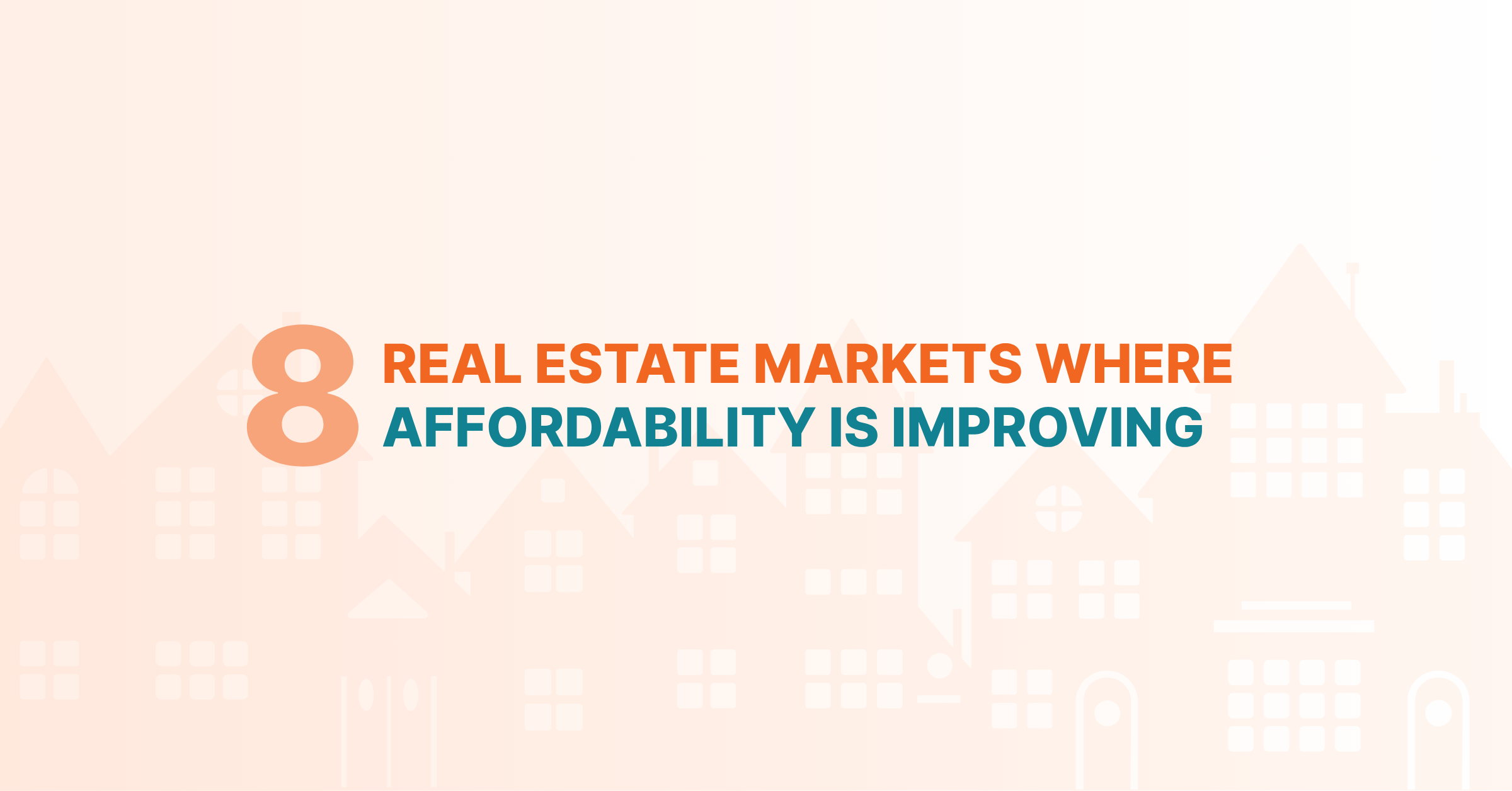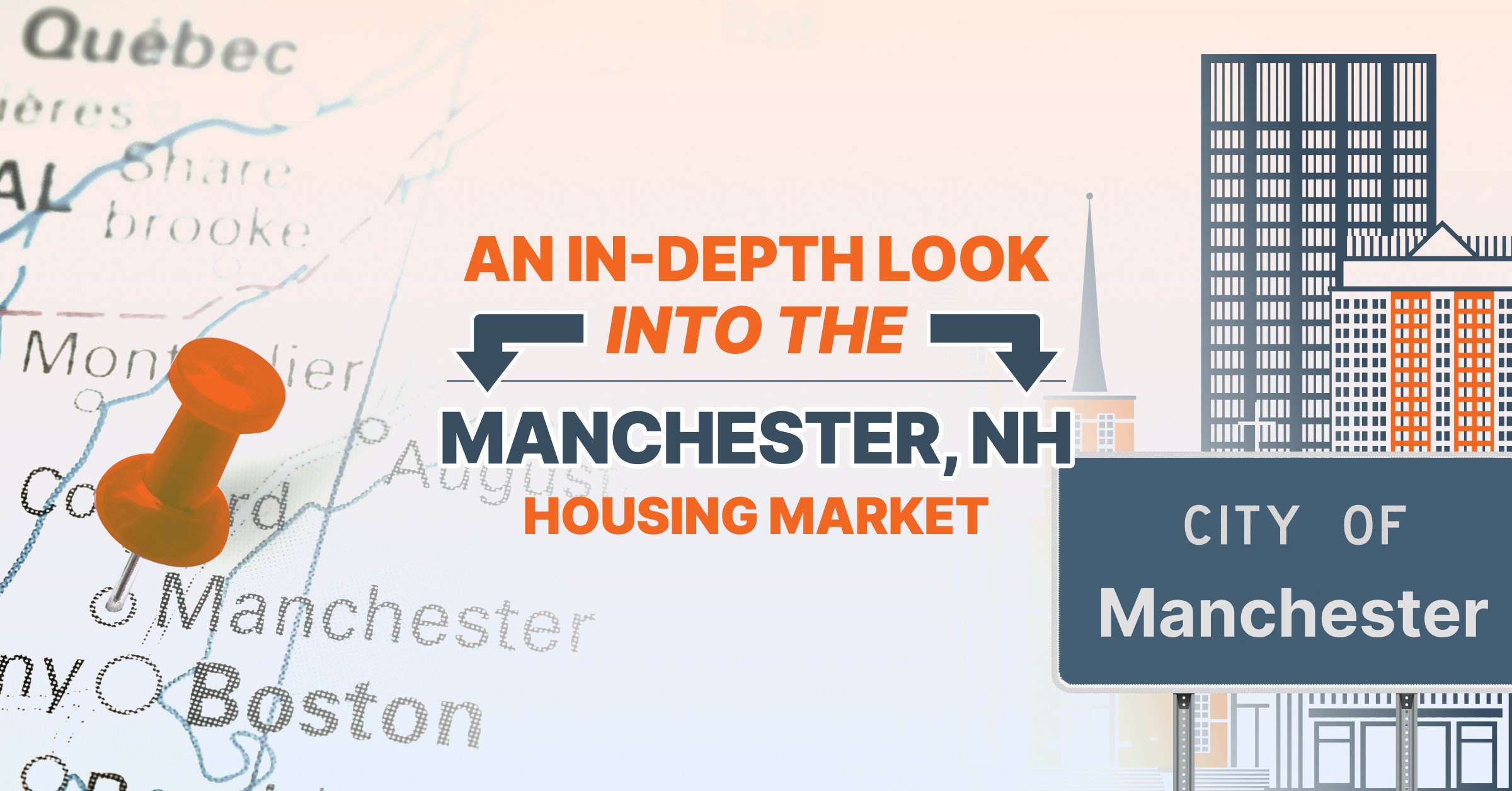In June 2020, the National Bureau for Economic Research confirmed what most of us already suspected: the 2020 Recession is officially underway.
The big question now is, what does the 2020 recession mean for the US housing market? Here are three of the most likely impacts of this new recession on the housing market in the coming year or two.
Sales Will Likely Slow in Most Markets
Despite the COVID-19 pandemic, the U.S. real estate market as a whole is still a seller’s market. Many of the industries hit hardest by the recession (travel, hospitality, retail and foodservice) are disproportionately staffed by workers who are more likely to rent than to buy. And industries most likely to produce buyers (such as technology and medical fields) have thrived during the pandemic.
But slowing markets are often a self-fulfilling prophecy. With economic uncertainty, buyers and sellers become hesitant to make a move, afraid that the housing market may slow. This hesitancy subsequently causes the market to slow. The NAR (National Association of Realtors®) Confidence Report for April 2020 confirms that most real estate professionals believe that sales volume will slow over the next 12 months.
Prices May Decline in Some Markets — But Nothing Like 2008
Realtor.com data is showing price growth flattening, but prices are still forecasted to increase by 1.1% over the coming year. Compared to the actual 8.4% decline in home values in 2008, any growth is impressive. Of course, the 2008 Recession originated in the mortgage industry and naturally impacted the housing market far more severely than this new recession will.
But some markets are likely to see a value decline, particularly markets that thrive on an active tourism industry. Vacation rental owners in tourist towns may be forced to sell due to the lack of cash flow as the pandemic prevents vacationers from visiting the area.
Even if prices aren’t dropping to give investors an edge in your area, there are still deals to be found when you know where to look. Tech tools such as PropStream’s Distressed Property Finder can help you identify properties whose owners are likely to be motivated to sell quickly.
The Suburbs Are Looking to Heat Up
With COVID-19 prompting many states to issue stay-at-home orders, most of us have been spending far more time at home in 2020 than we normally would. We’ve all been avoiding public areas, many of us have been working from home, and many have been sharing the space with children who have been unable to attend school or daycare.
This time at home has prompted COVID-19 era buyers to look for more square footage and acreage. While buyers were once flooding into the cities for job opportunities, stay-at-home orders have proven that many employees are able to be productive working remotely. So the sleepy suburbs, with their larger homes, bigger yards and lower population density are likely to see an influx of buyers in the immediate aftermath of the pandemic.
While the COVID-19 pandemic has been disastrous for the global economy and sparked a new recession, the U.S. housing market is primed to weather the storm comparatively well. Real estate professionals will still be able to find buyers and sellers. And real estate investors will still be able to find deals, just not at the rock-bottom prices they enjoyed during the last recession.



